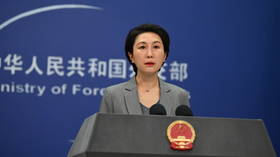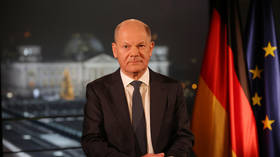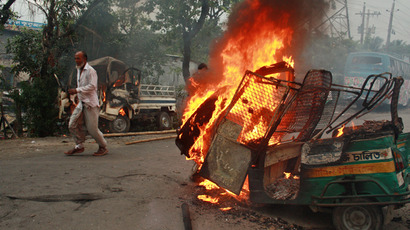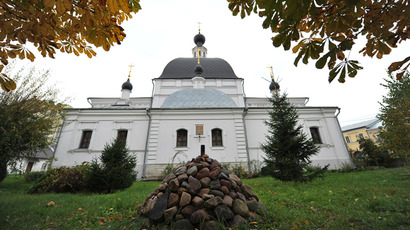Pakistan sentences British paranoid schizophrenic to death for blasphemy
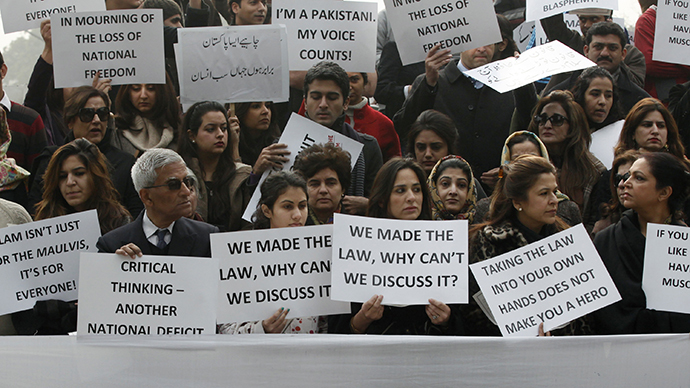
An elderly British man with paranoid schizophrenia who claimed he was the Prophet Mohammed has been sentenced to death in Pakistan under the country’s blasphemy laws.
Despite a long history of mental illness, Mohammad Asghar was convicted and sentenced Thursday in Rawalpindi, where he is currently being held at the high security Adiala Jail. His lawyers said he has attempted suicide and suffered a stroke while incarcerated at Adiala. He was arrested in 2010.
His defense, who submitted his health records in the case, say his illness explains the allegations that he told a tenant, who was renting a piece of property he owned in Pakistan, that he was the Prophet Mohammed.
His lawyers, who asked to stay anonymous based on the sensitivity associated with the blasphemy law, told the Daily Telegraph that they fear Asghar may attempt suicide once again.
"We want to stress that Mr. Asghar is in a suicidal state and that the authorities need to put him on suicide watch; he has suffered a stroke and has already tried to kill himself in prison."
A Pakistani medical board called Asghar mentally fit, clearing the way for the death penalty. He is to remain in jail for five years before he can appeal the decision.
Asghar, 71, was once sectioned under the Mental Health Act and was treated at Edinburgh’s Royal Victoria Hospital, where he was diagnosed.
In an affidavit for his defense, Dr. Jane McLennan, who has treated him, said his history of illness goes back to 1993. She said Asghar suffered a stroke in 2000, which exacerbated his condition and left him with facial palsy and a limp.
Not long before his 2010 arrest in Rawalpindi, Asghar was admitted to the Royal Victoria Hospital with “grandiose” paranoid delusions, believing former British Prime Minister Tony Blair and former US President George W. Bush had sent secret agents for him based on his opposition to the Iraq war. He also believed Pakistani and international media organizations had bugged his home.
Upon his release in March 2010, he left for Pakistan on heavy medication that Dr. McLennan said he unlikely continued. She said he was at high risk for suicide, offering to treat him in Edinburgh.
He was first arrested not long after leaving the hospital, when a tenant he was thought to be trying to evict from one of his properties gave police several unmailed letters in which Asghar claimed to be the Prophet.
Pakistan’s strict anti-blasphemy law prohibits such slander of any recognized religion. Penalties range from a fine to death. Many see the law as tool for misuse against Christians and other religious minorities in the predominantly Muslim nation.
"We cannot mention anything about Mr. Asghar's family; blasphemy is a very sensitive issue in Pakistan and we ask that our own names are kept out of the press for our own safety," one of Asghar's lawyers said.
Two top Pakistani politicians, Punjab Governor Salman Taseer and minorities minister Shahbaz Bhatti, were murdered in 2011 for opposing the law in defense of a Christian woman who had been sentenced to death for “insulting Islam.”
A spokeswoman for the British High Commission in Islamabad said it was aware of Asghar’s case and condition, but could not offer comment, AP reported.
Amnesty International has called for Asghar’s immediate release.
"At a time when Pakistan is reeling from a spate of abuses which perpetrators seek to justify as a defense of religious sentiments, reform of the blasphemy laws is more urgent than ever," said Amnesty International’s Deputy Asia-Pacific Director Polly Truscott.



